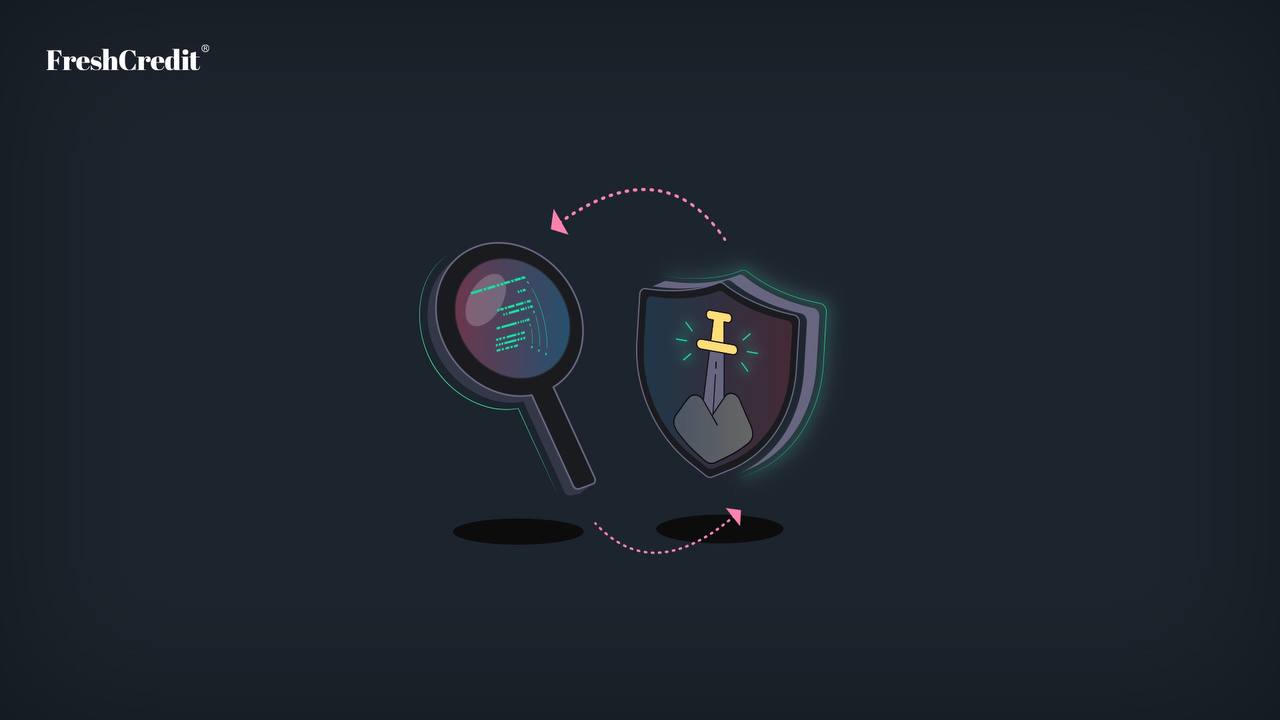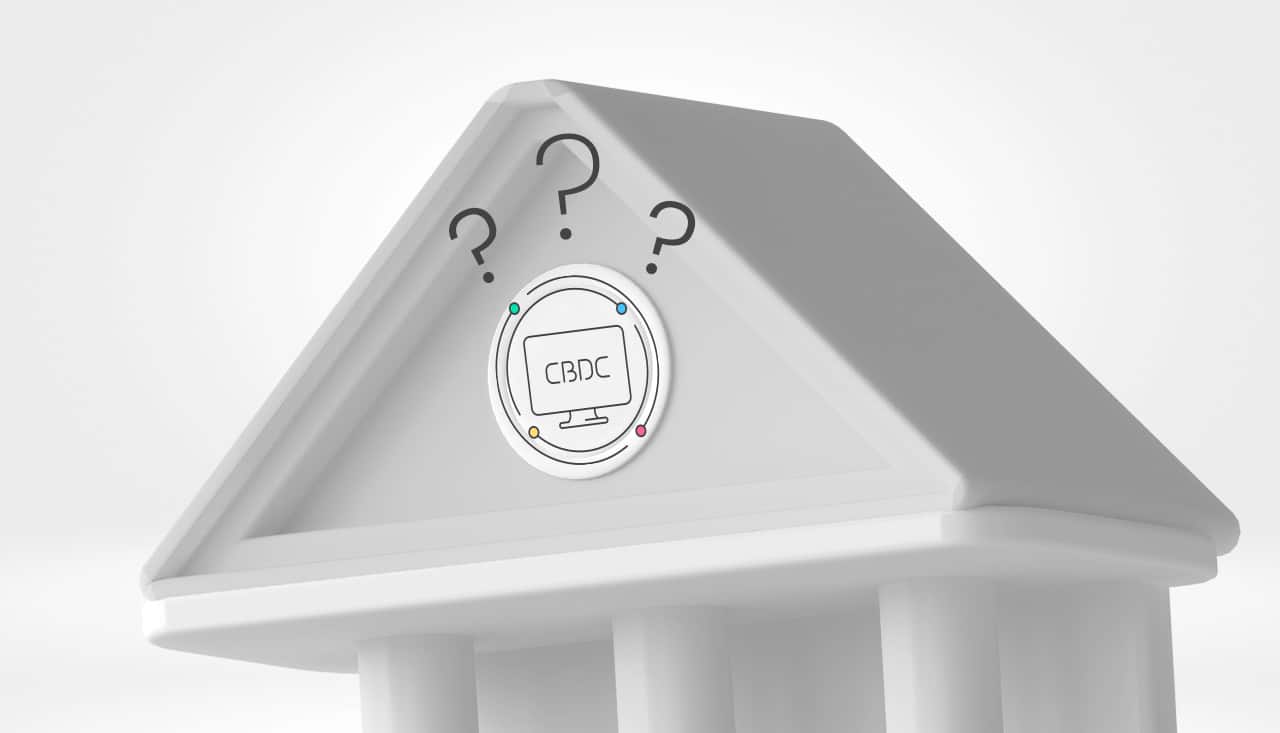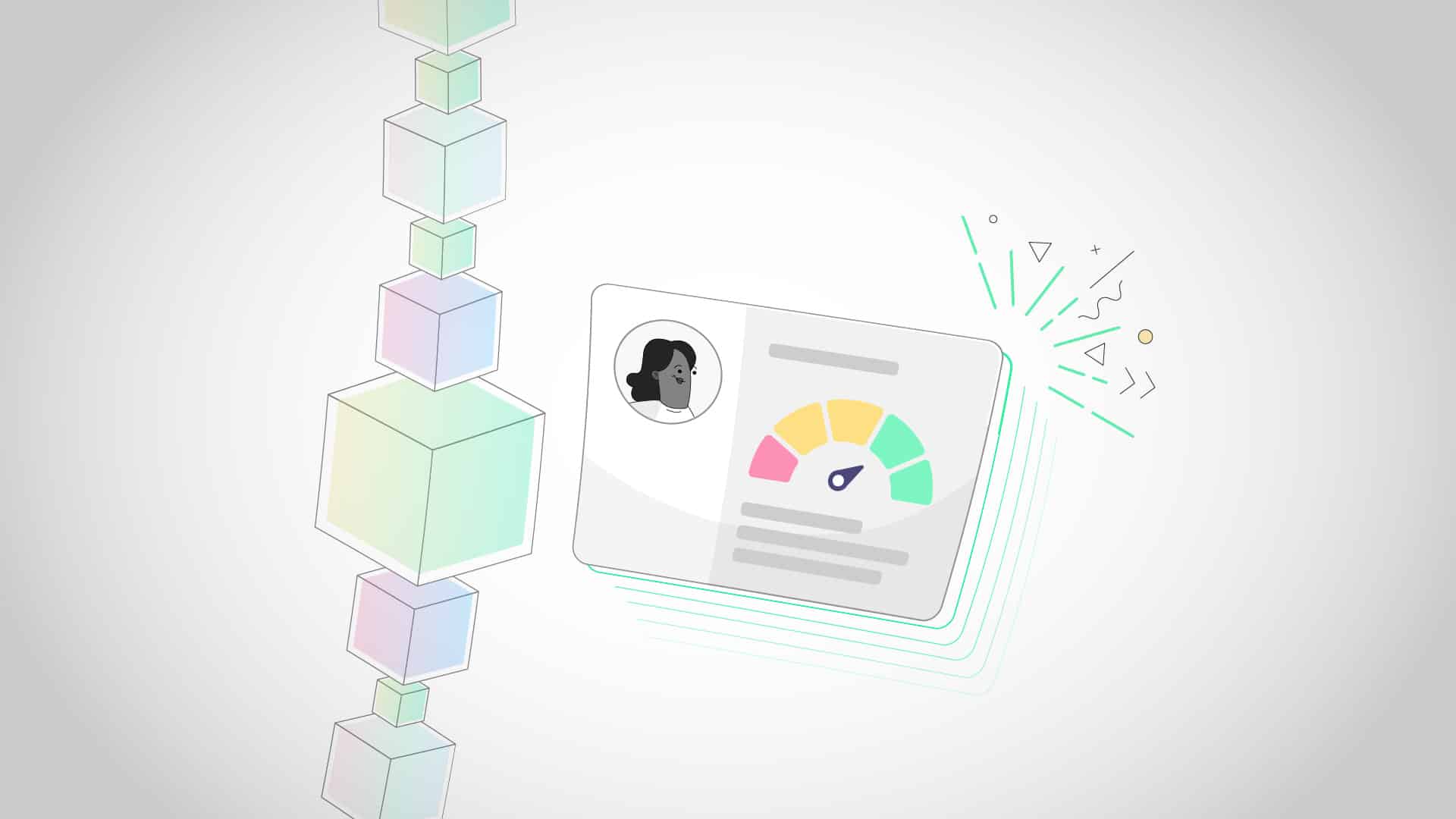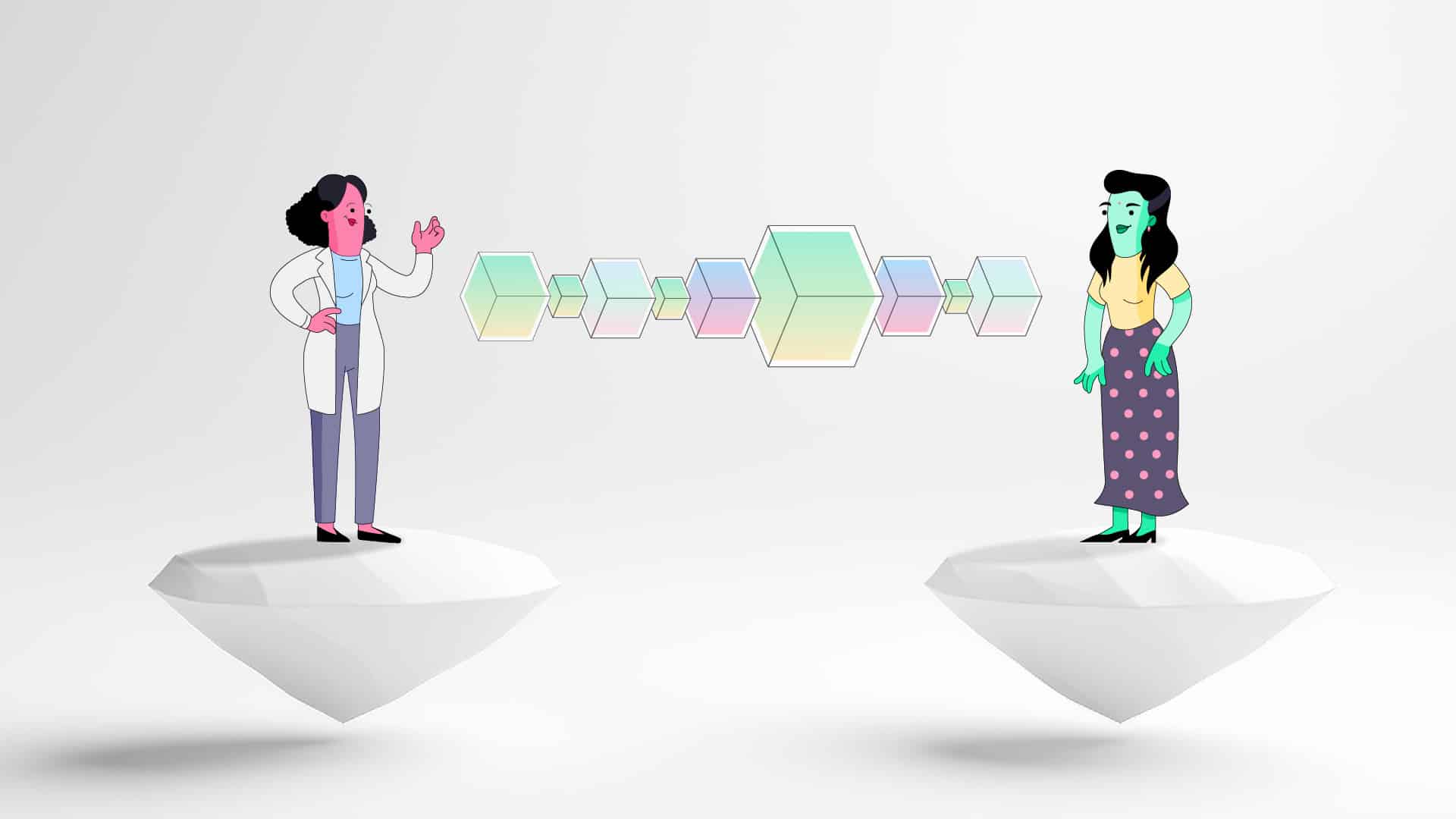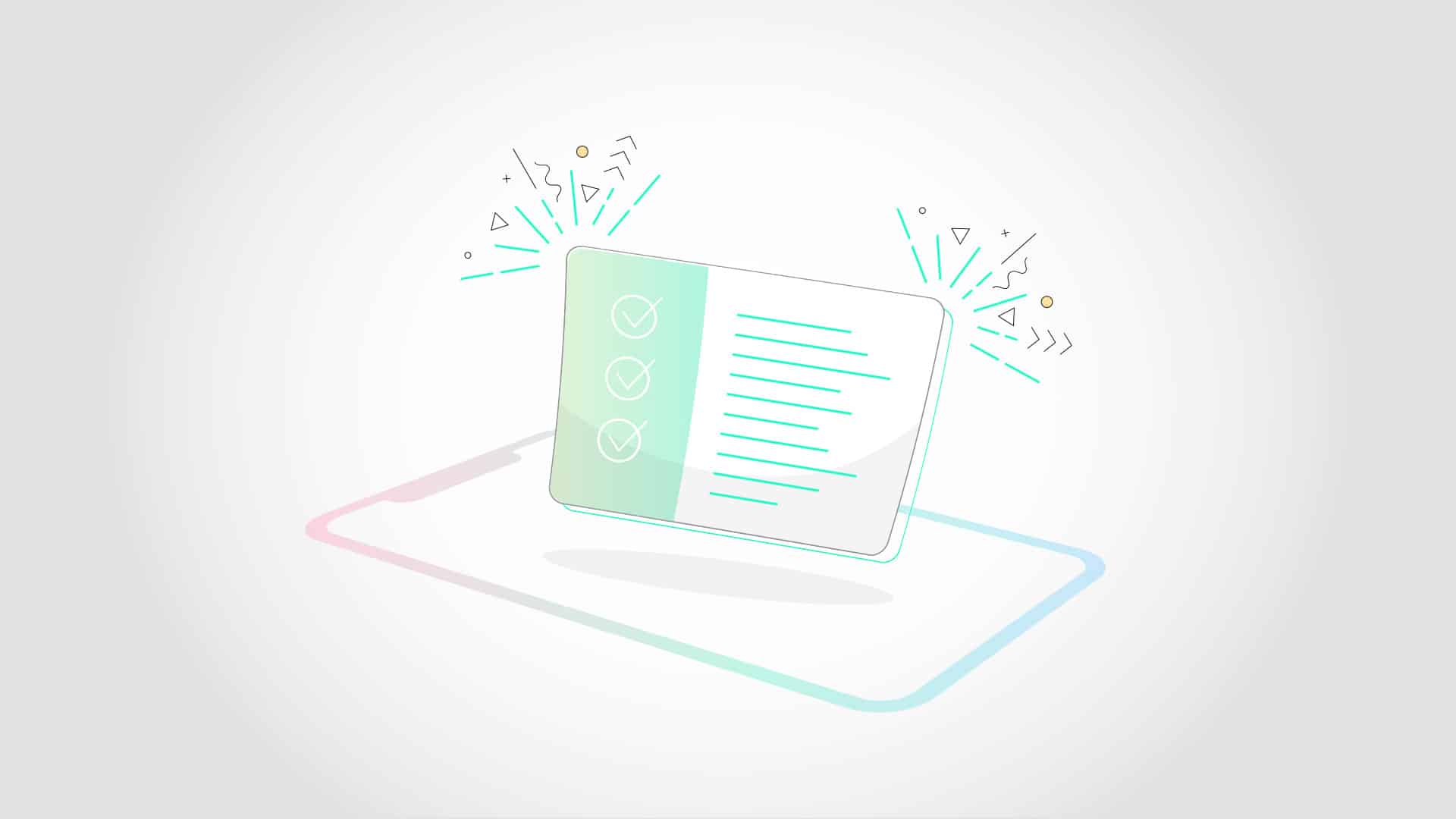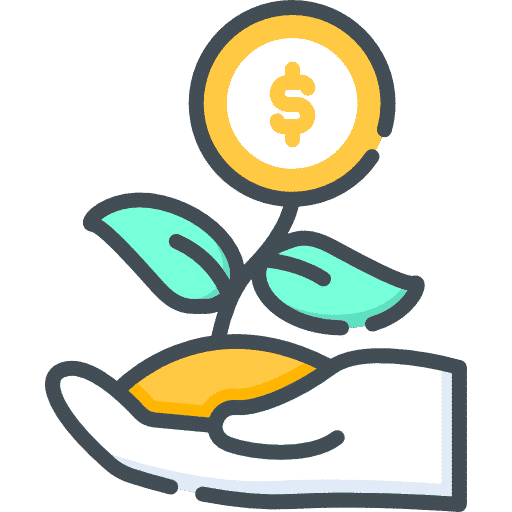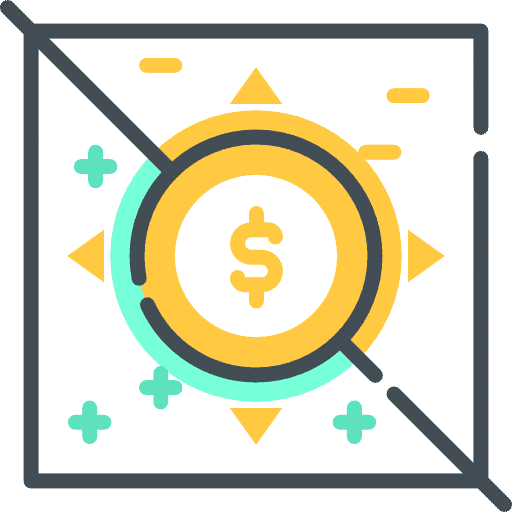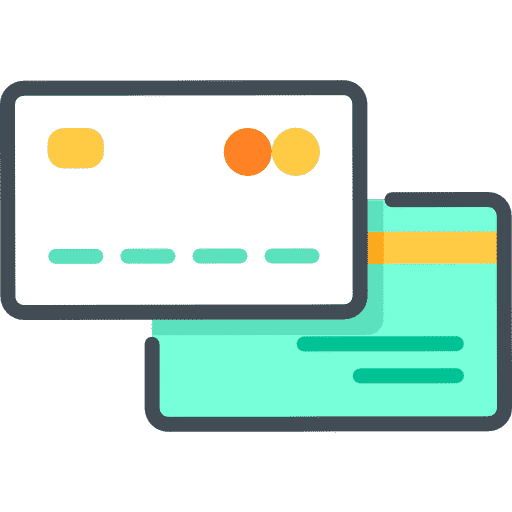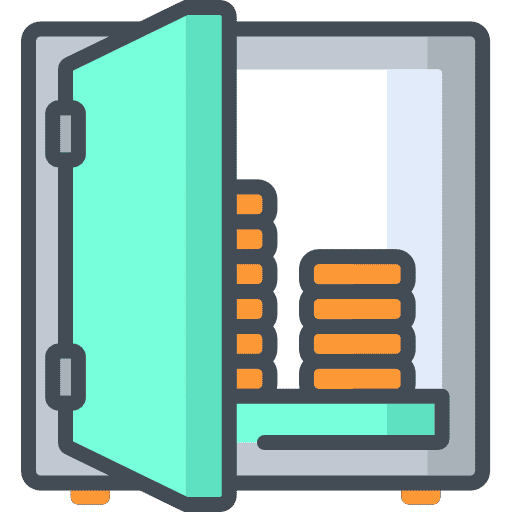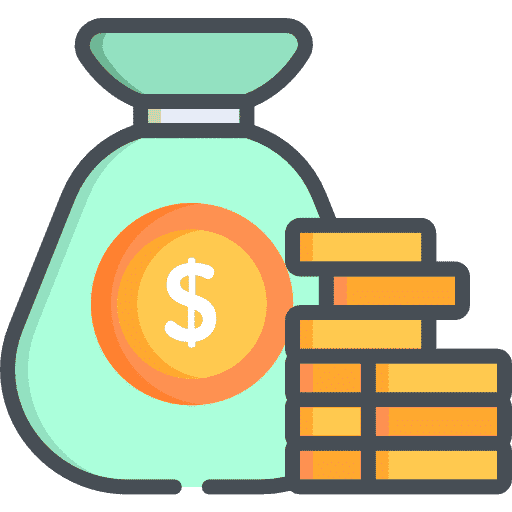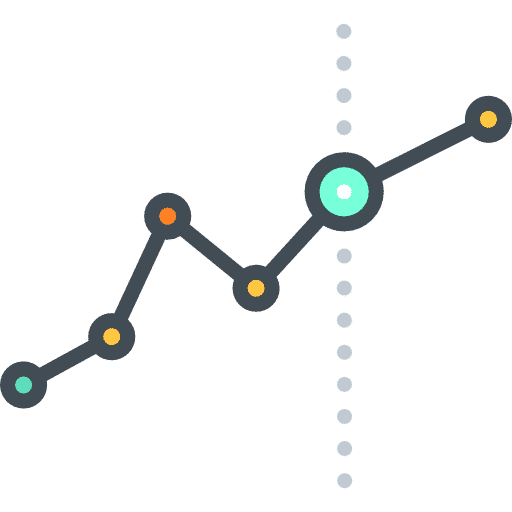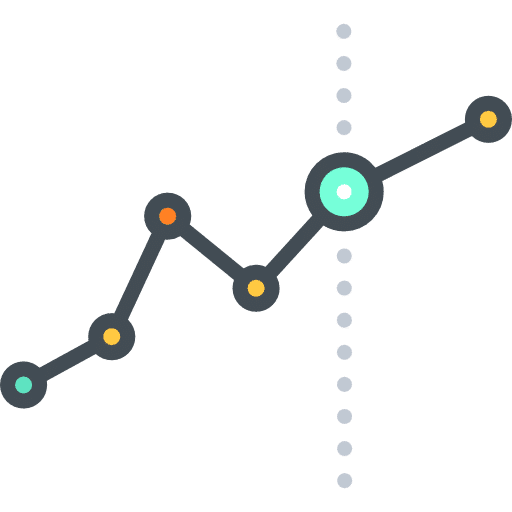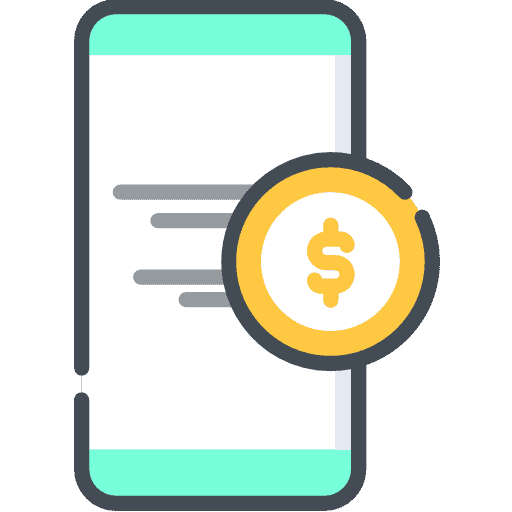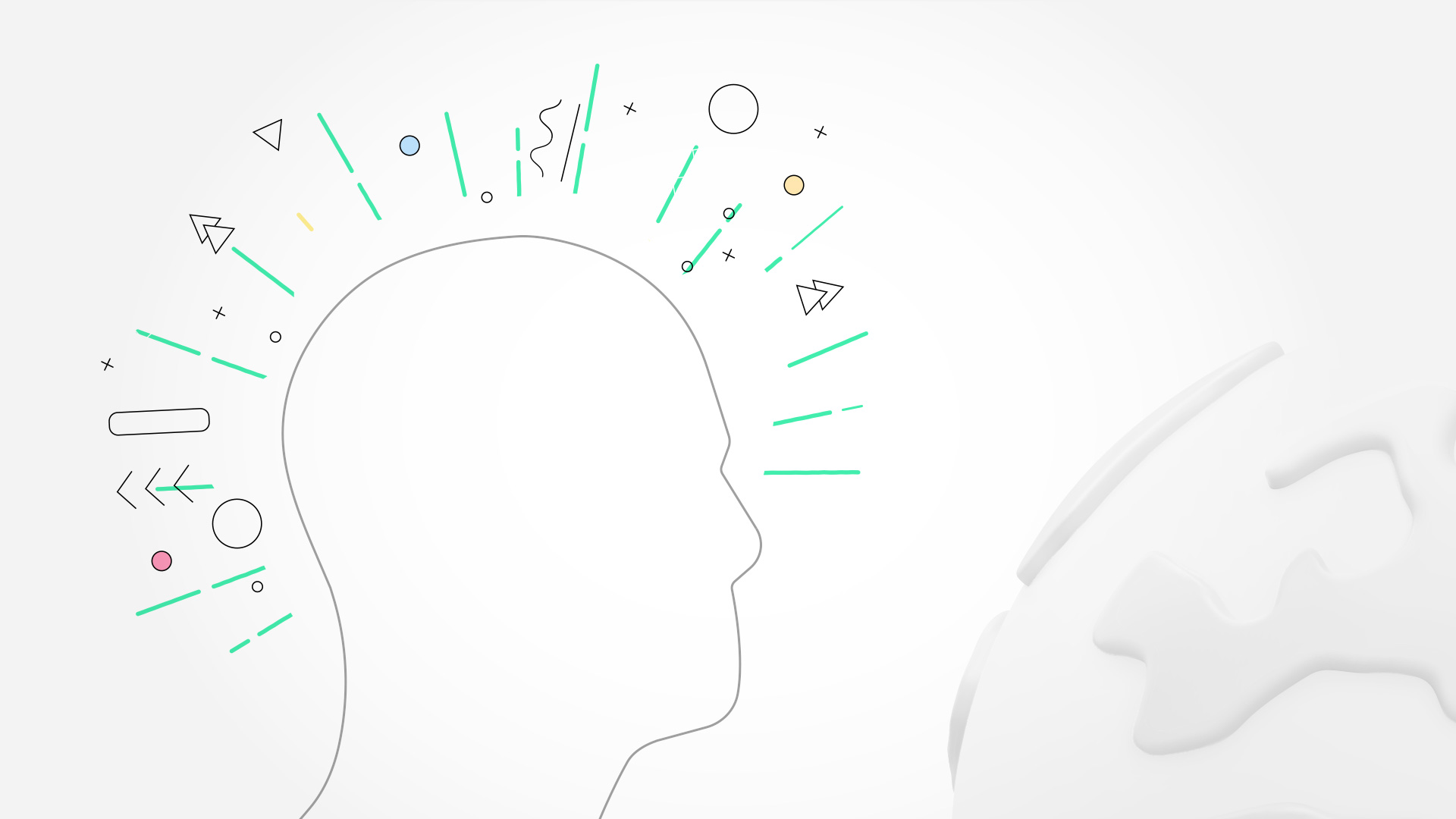
Credit buying is much like being drunk. The buzz happens immediately, and it gives you a lift… The hangover comes the day after.
Dr. Joyce Brothers
As we step into 2024, the landscape of consumer credit is more complex than ever. With global consumer credit card debt reaching an unprecedented $1 trillion and 40% of credit card holders spiraling into the interest trap by not settling their balances monthly, it’s crucial to peel back the layers of our credit-driven society. the Federal Reserve Bank of New York’s Center for Microeconomic Data issued a report showing a slight uptick in total household debt in the second quarter of 2023, increasing by $16 billion to $17.06 trillion. This report also highlighted that credit card balances rose by $45 billion from the first quarter of 2023, reaching a new high of $1.03 trillion. This marked a significant quarterly increase and a notable expansion in credit card accounts and aggregate limits on these accounts1.
According to a report by Reuters, credit card debt in the United States surpassed $1 trillion for the first time in the second quarter of 2023, as reported by the New York Federal Reserve Bank. This increase in credit card balances, by $45 billion to $1.03 trillion, reflects robust consumer spending and the impact of inflation. The total household debt saw a slight increase of 0.1% to $17.06 trillion, with mortgage balances largely unchanged2
This exploration isn’t just about numbers; it’s about understanding the human element behind these statistics. Let’s dive into the psychological underpinnings of credit usage, shedding light on the behaviors that drive us towards these financial decisions and how we might navigate towards healthier credit habits.
The Allure of Credit
Immediate Gratification
The instant satisfaction that comes with credit purchasing is akin to a quick fix, a rush that momentarily elevates our spirits and satisfies our immediate desires. This psychological phenomenon is rooted in our brain’s reward system, where the act of purchasing triggers a release of dopamine, giving us a fleeting sense of happiness and accomplishment. But as the initial euphoria fades, we’re often left with the sobering reality of repayment, a phase many tend to overlook in the heat of the moment.
The Social Prestige of Spending
In today’s digital age, where every purchase can be broadcasted across social media, the allure of credit extends beyond mere possession to social validation. The acquisition of the latest gadgets, designer clothes, or exotic vacations serves as a badge of honor, a tangible indicator of one’s status. This relentless pursuit of social prestige, fueled by the ease of credit, perpetuates a cycle of spending that many find hard to break, underscoring the complex interplay between social identity and financial decisions.
The Illusion of Free Money
Credit cards, with their promise of “buy now, pay later,” create an illusion of infinite resources. This detachment from the tangible act of handing over cash makes it all too easy to overlook the reality of our financial commitments. The concept of credit becomes abstract, a mere entry in a statement that doesn’t immediately impact our bank balances, leading to a disconnect between spending behavior and its financial consequences.
The Stark Reality of Credit Usage
Global Debt Statistics
The figure of $1 trillion in consumer credit card debt globally, as reported by the Global Consumer Credit Reporting Network, serves as a stark reminder of the widespread reliance on credit. This astronomical sum is not just an economic indicator but a reflection of millions of individual stories of reliance, need, and sometimes, desperation. It prompts us to question not only our personal credit habits but also the societal norms that underpin this global trend.
The Interest Rate Trap
The fact that 40% of credit card holders do not pay their full balance each month, accruing interest, highlights a critical aspect of credit usage—the interest rate trap3. This cycle of compounding interest can turn manageable debts into insurmountable challenges, ensnaring individuals in a financial quagmire that can take years to escape. The allure of minimum payments tempts many, obscuring the long-term cost of their borrowed funds.
Long-term Consequences of Debt
The ramifications of sustained debt reach far beyond the immediate stress of monthly payments. The long-term consequences of carrying significant debt can include damaged credit scores, limited financial opportunities, and an overarching impact on mental and emotional well-being. The strain of debt can lead to anxiety, depression, and a pervasive sense of being trapped, underscoring the need for a more profound understanding and management of our credit behaviors.
Understanding Consumer Behavior
Emotional Spending
Emotional spending is a significant driver behind credit card use, often acting as a coping mechanism for stress, anxiety, or even celebration. It’s the comfort we find in retail therapy, a short-term escape from reality that credit cards so readily facilitate. However, this relief is fleeting, and the financial hangover can be severe. Recognizing these patterns is the first step towards change. At FreshCredit, we’re committed to helping our users identify and understand these behaviors with tools that highlight spending trends and emotional triggers.
Our financial decisions are not always as rational as we’d like to believe. Cognitive biases like the ‘present bias’, which prioritizes immediate rewards over future benefits, play a significant role in our credit usage. Another is the ‘optimism bias’—the belief that we can easily manage debt in the future, leading us to underestimate the true cost of our purchases. FreshCredit’s educational resources aim to shed light on these biases, offering strategies to counteract them for more informed financial choices.
The Debt Cycle and Mental Health
The cycle of debt can have profound implications on mental health, creating a vicious circle where financial strain leads to emotional distress, which in turn can lead to further emotional spending. Breaking this cycle requires more than just financial tools; it requires a support system that addresses both the fiscal and emotional aspects of debt. FreshCredit’s approach includes not just innovative credit solutions but also access to financial counseling, offering a holistic path to financial wellness.
The Role of Financial Education
The Importance of Financial Literacy
Financial literacy is the cornerstone of responsible credit use. Understanding how interest accumulates, how credit scores are calculated, and how to budget effectively can empower individuals to make smarter financial decisions. FreshCredit believes in empowering our users through education, providing clear, concise information and tools that demystify credit and personal finance.
Improving financial literacy isn’t just about dumping information on consumers; it’s about engaging them in a way that resonates. Interactive tools, such as budgeting apps and credit simulators, can provide hands-on learning experiences. FreshCredit’s suite of financial tools is designed to be intuitive and informative, making financial education both accessible and engaging.
Tools and Resources for Better Credit Management
Knowledge alone isn’t enough; practical tools are essential for effective credit management. FreshCredit offers a range of resources, from budgeting apps that track spending in real-time to alerts that remind users of upcoming bills. By integrating these tools into everyday financial planning, users can develop healthier credit habits, steering clear of the debt trap.
Innovations in Credit Management
Fintech Solutions
The fintech revolution has introduced a plethora of tools designed to improve financial health. FreshCredit is at the forefront of this innovation, leveraging technology to offer personalized credit solutions that adapt to individual user needs. From advanced algorithms that provide tailored financial advice to features that predict potential financial pitfalls, our platform is designed to keep users one step ahead of their debt.
In the digital age, managing personal finances has never been easier, thanks to a wide array of apps and online platforms. FreshCredit’s personal finance tools go beyond mere tracking, offering insights into spending patterns, saving opportunities, and smart ways to reduce debt. Our goal is to turn data into actionable intelligence, empowering users to take control of their financial future.
Credit Counseling and Debt Management Programs
For those struggling with existing debt, credit counseling and debt management programs can offer a lifeline. FreshCredit partners with reputable counseling services to provide our users with access to expert advice and negotiated debt repayment plans. These partnerships reflect our commitment to supporting our users through every stage of their financial journey.
As we continue to navigate the complexities of consumer credit, it’s clear that understanding the psychology behind our financial decisions is key to fostering healthier habits. FreshCredit remains dedicated to this understanding, offering innovative solutions, educational resources, and unwavering support to our users. By embracing a more informed, conscientious approach to credit, we can all work towards a future of financial empowerment and freedom. Understanding the psychology of credit and embracing financial literacy are the first steps toward responsible credit use. FreshCredit is here to guide you through every step of this journey, offering innovative solutions, educational resources, and a supportive community. Together, we can transform our relationship with credit, turning it into a tool for empowerment rather than a source of stress.
In a world where credit is a double-edged sword, let’s choose to wield it wisely together.
- https://www.newyorkfed.org/newsevents/news/research/2023/20230808 ↩︎
- https://www.reuters.com/world/us/us-household-debt-largely-unchanged-q2-credit-card-balances-jump-ny-fed-says-2023-08-08/ ↩︎
- https://www.consumerfinance.gov/about-us/newsroom/cfpb-report-finds-credit-card-companies-charged-consumers-record-high-130-billion-in-interest-and-fees-in-2022/ ↩︎
